Black pepper (Piper nigrum) is one of the most widely used spices worldwide, known for its pungent flavor and numerous health benefits. From enhancing the taste of dishes to supporting digestion and reducing inflammation, this common kitchen staple has a rich history and science-backed advantages. Whether you're an amateur enthusiast or a seasoned chef, understanding black pepper can transform your cooking and elevate your palate.
Table of Contents
- What is Black Pepper?
- Types of Black Pepper
- Cooking Tips with Black Pepper
- Health Benefits of Black Pepper
- Buying Guide for Black Pepper
- Frequently Asked Questions
- Conclusion
What is Black Pepper?
Black pepper comes from the flowering vine Piper nigrum, native to South India and widely cultivated in tropical regions. The berries (peppercorns) are harvested before fully ripening and dried, creating the familiar black peppercorns used in kitchens globally.
Despite its simple appearance, black pepper offers complex flavors ranging from earthy and woody to sharp and pungent. Its versatility makes it essential in both traditional and modern cuisine, from classic French sauces to bold Indian curries and even cocktails.
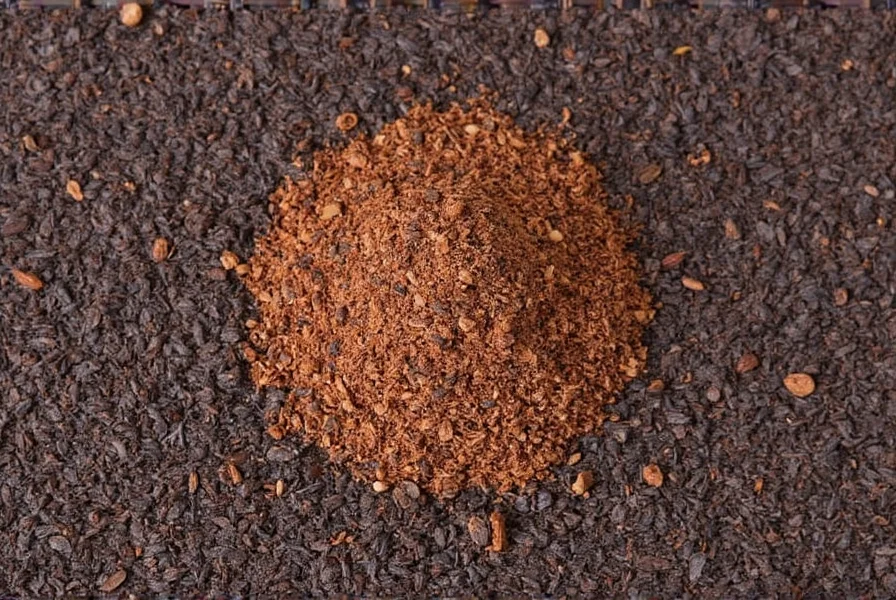
Types of Black Pepper
Not all black peppers are created equal. Depending on growing region and processing methods, black pepper varies in size, flavor, and potency. Here's a quick breakdown:
| Type | Description | Flavor Profile |
|---|---|---|
| Malabar Pepper | Originating from the Malabar Coast of India, this is the most common type of black pepper. | Earthy, slightly sweet, and aromatic. |
| Muntok Pepper | Grown in Indonesia, Muntok pepper is smaller and more intense in flavor. | Strong, pungent, and slightly spicy. |
| Tellicherry Pepper | A premium variety from India, known for its larger size and milder flavor. | Warm, rich, and less harsh than other types. |
| Seychelles Pepper | Cultivated in the Seychelles, this pepper is rare and highly prized. | Delicate, floral, and slightly fruity. |
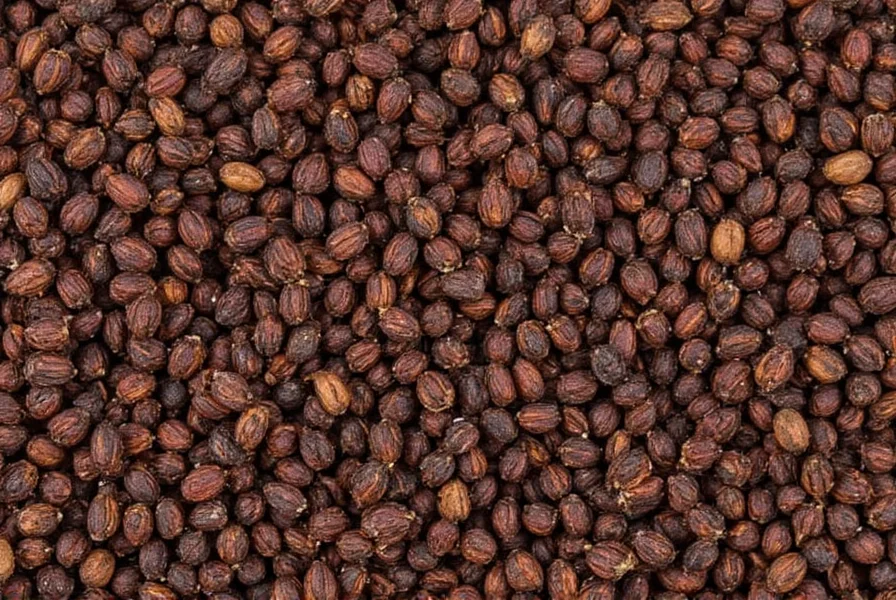
Cooking Tips with Black Pepper
Black pepper is more than just a seasoning—it's a game-changer in the kitchen. Here are practical tips to maximize its potential:
- Grind it fresh: Pre-ground pepper loses potency quickly. Use a mortar and pestle or manual grinder for best results.
- Add it early: When making sauces or stews, add black pepper early to allow flavors to infuse.
- Pair it wisely: Black pepper pairs well with garlic, chili, citrus, and herbs like thyme or rosemary.
- Use it in drinks: Black pepper adds a unique kick to cocktails or herbal teas.
- Balance sweetness: In desserts, a pinch of black pepper enhances natural sweetness of fruits or chocolate.
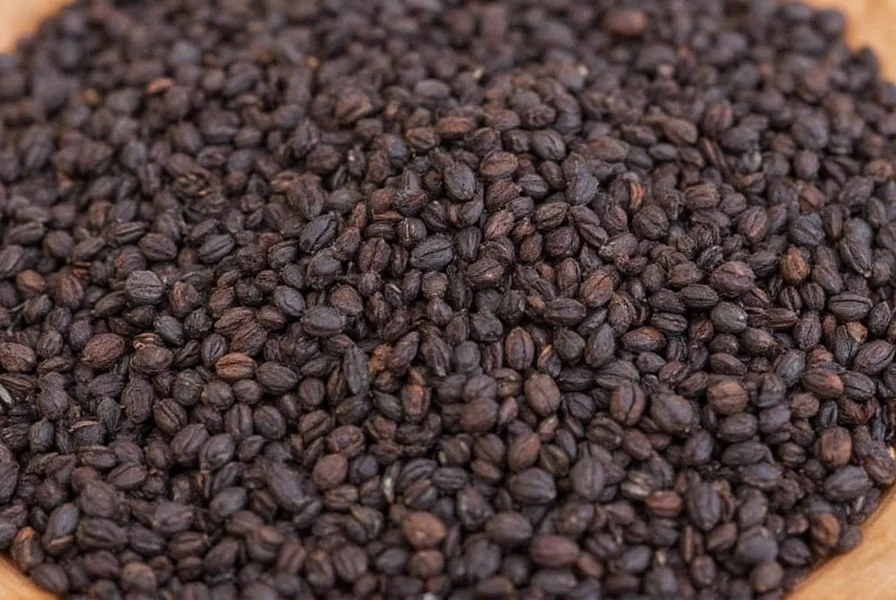
Health Benefits of Black Pepper
Beyond culinary uses, black pepper has been valued for centuries for medicinal properties. Key health benefits include:
- Boosts digestion: Contains piperine, which stimulates digestive enzymes and improves nutrient absorption.
- Anti-inflammatory: Piperine may reduce inflammation and support joint health.
- Enhances metabolism: Studies suggest black pepper aids fat burning and weight management.
- Antioxidant-rich: Compounds fight free radicals and promote overall wellness.
- Supports brain function: Piperine may improve cognitive performance and memory.
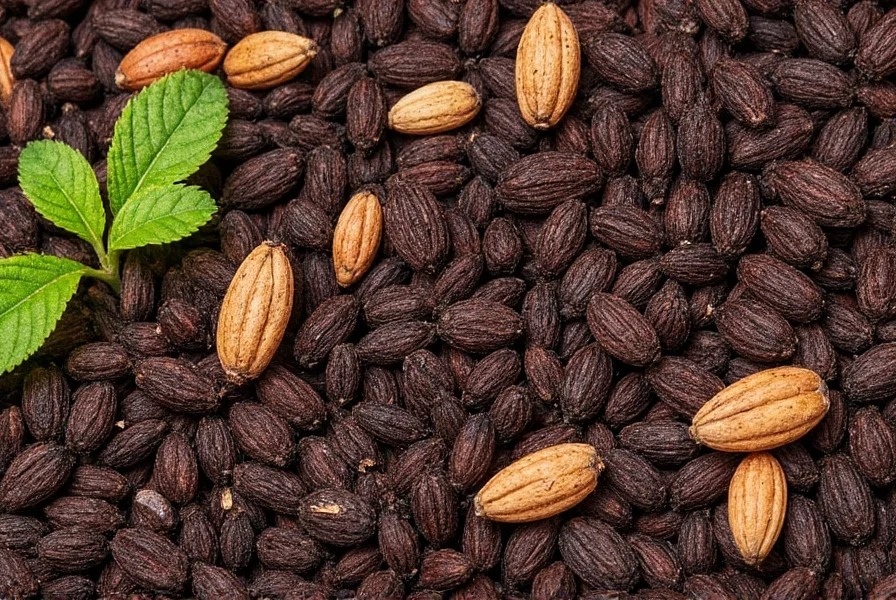
Buying Guide for Black Pepper
Choosing high-quality black pepper ensures optimal flavor and value. Here's a detailed guide:
1. Whole vs. Ground
Whole peppercorns provide maximum flavor and aroma. Grind at home using a mortar and pestle or spice grinder. Ground pepper is convenient but loses potency faster.
2. Origin and Quality
Peppers from India's Malabar region are considered gold standard. Look for labels specifying origin and harvest time to ensure freshness.
3. Packaging
Choose airtight containers or vacuum-sealed packaging. Avoid bulk bins unless quality and storage conditions are verified.
4. Price vs. Value
Premium varieties like Tellicherry or Seychelles pepper are worth the investment for exceptional flavor.
5. Usage Scenarios
For everyday cooking, mid-range Malabar pepper works well. For gourmet recipes, choose higher-end options like Tellicherry.
Product Highlight: Premium Tellicherry Black Pepper
Features: Large, uniform peppercorns, mild and aromatic flavor, ideal for fine dining and gourmet cooking.
Advantages: High quality, consistent flavor, long shelf life when stored properly.
Use Cases: Enhancing sauces, soups, and meat dishes.
Target Audience: Chefs, food enthusiasts, and home cooks who appreciate premium ingredients.
Suitable Occasions: Special dinners, holiday meals, and recipe experimentation.
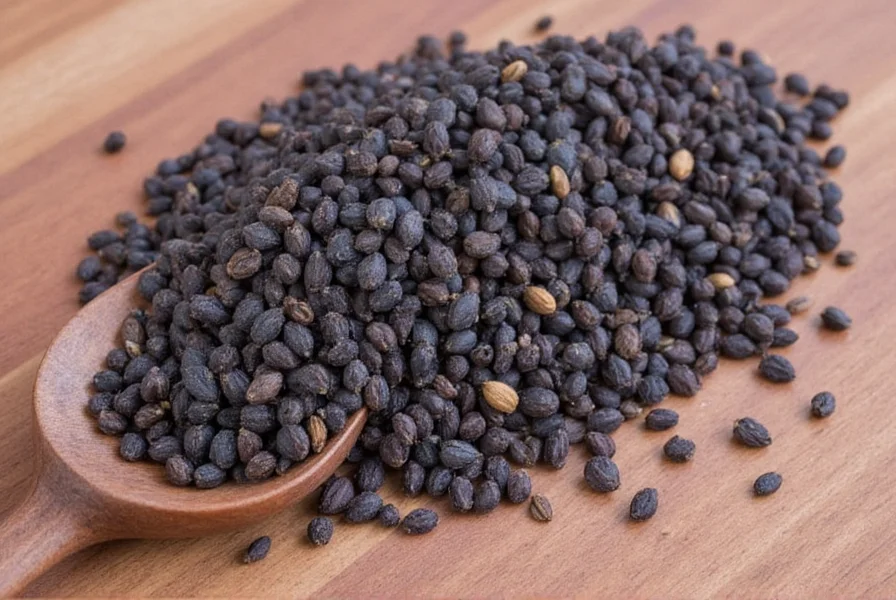
Frequently Asked Questions About Black Pepper
What exactly is black pepper?
Black pepper (Piper nigrum) is the dried berry of a flowering vine native to South India. It's cultivated globally in tropical regions, with peppercorns dried before full ripening to create the familiar spice.
Is black pepper the same as Piper nigrum?
Yes, black pepper is the common name for the spice derived from Piper nigrum. All true black, white, and green peppercorns come from this single plant species, with differences arising from harvest timing and processing methods.
What makes black pepper different from chili peppers?
Unlike chili peppers (Capsicum genus, using capsaicin for heat), black pepper creates pungency through piperine. They're botanically unrelated—black pepper is from Piperaceae family while chili peppers are Solanaceae.
What is the main active compound in black pepper?
Piperine is the primary bioactive compound, accounting for black pepper's pungent flavor and health benefits. It makes up 4-6% of black pepper by weight and enhances nutrient absorption.
Can black pepper be grown in non-tropical climates?
Black pepper requires high humidity, consistent warmth (24-30°C), and rainfall. While possible to grow indoors in temperate climates with careful conditions, commercial production is limited to tropical regions near the equator.
How does black pepper enhance nutrient absorption?
Piperine increases bioavailability of certain nutrients by up to 2000% by inhibiting liver and digestive enzymes that metabolize substances, while enhancing intestinal absorption.
Is black pepper safe for daily consumption?
Yes, black pepper is safe in culinary amounts. Extremely high doses may cause gastrointestinal irritation in sensitive individuals. Therapeutic benefits typically require 5-20mg of piperine daily.
Conclusion
Black pepper is more than just a spice—it's a cultural icon, flavor enhancer, and wellness booster. From its origins in ancient India to its modern-day presence on every kitchen table, this humble spice continues to captivate our senses and enrich our lives. Whether grinding it fresh for a dish or exploring its health benefits, black pepper is a timeless treasure that deserves a place in your pantry.
Next time you reach for a pinch of black pepper, remember—you're not just adding flavor; you're adding history, science, and a touch of magic to your meal.
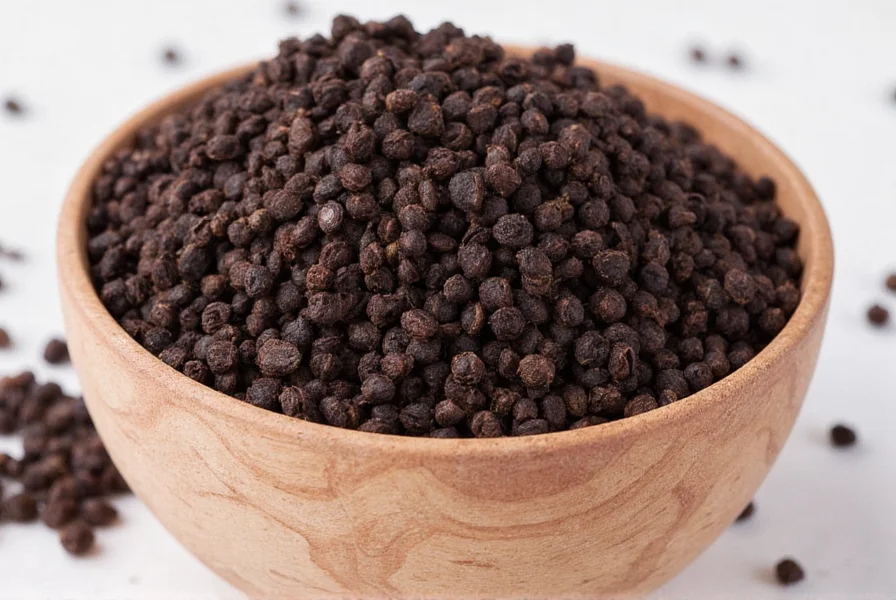

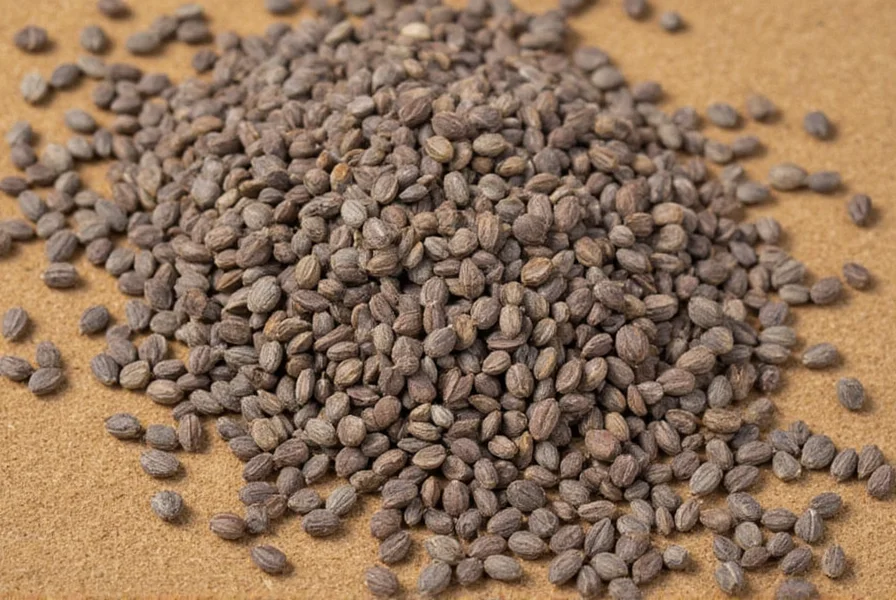









 浙公网安备
33010002000092号
浙公网安备
33010002000092号 浙B2-20120091-4
浙B2-20120091-4